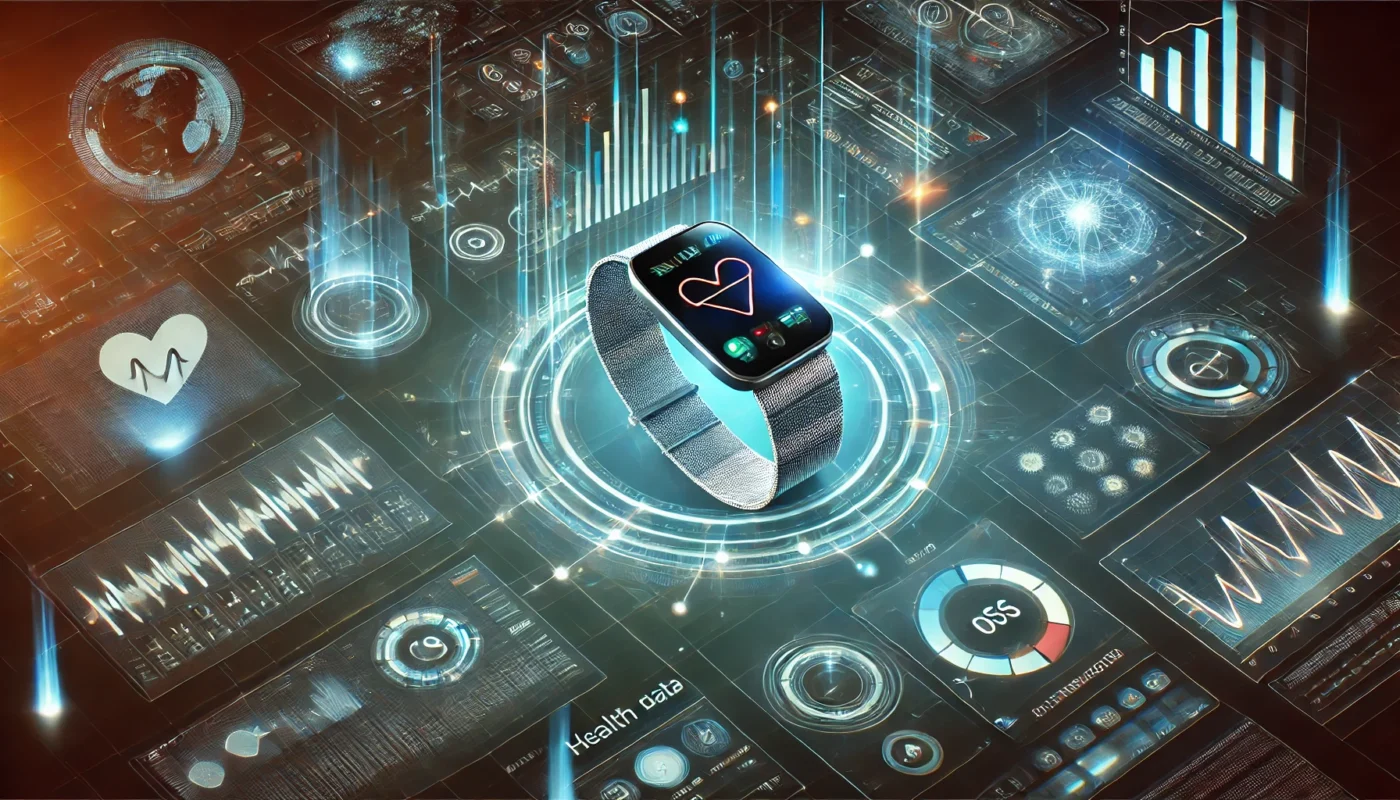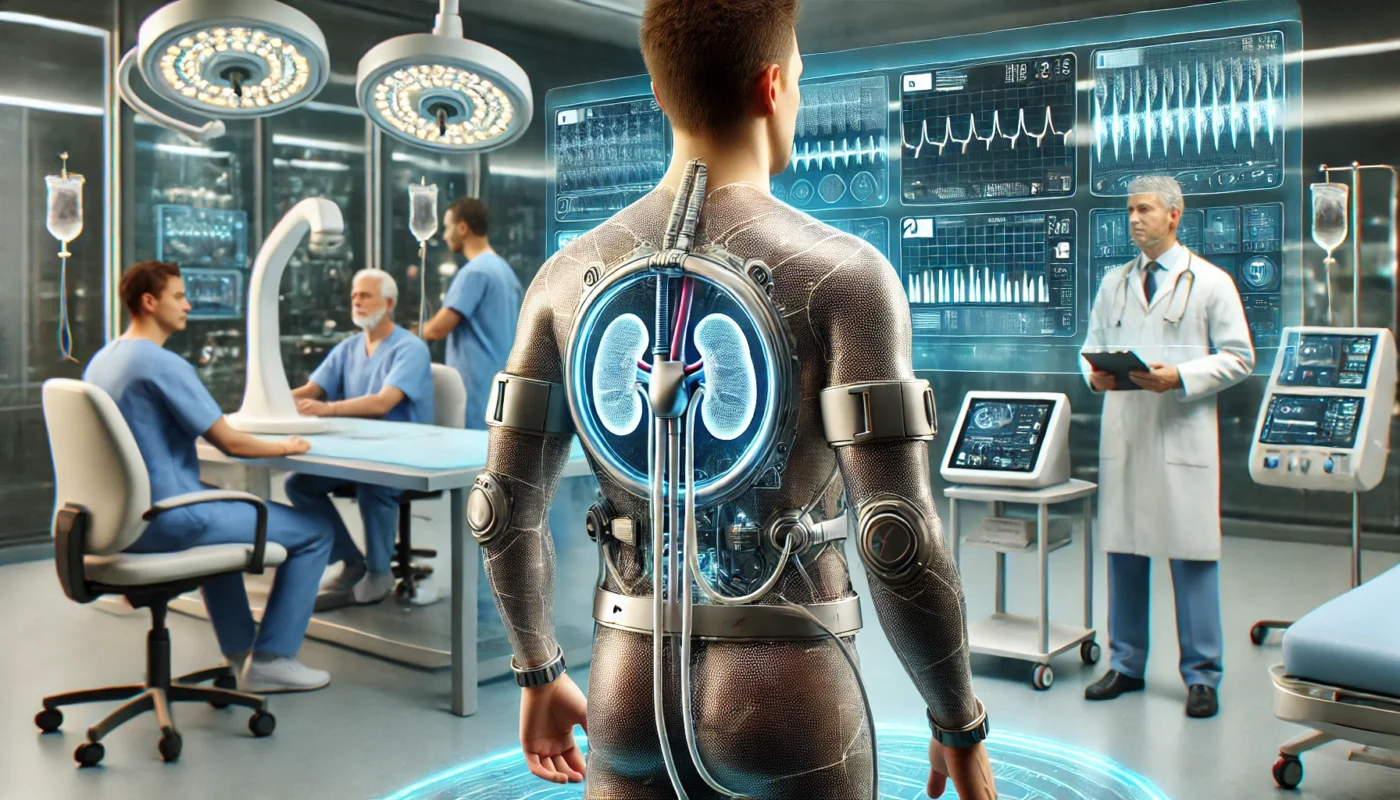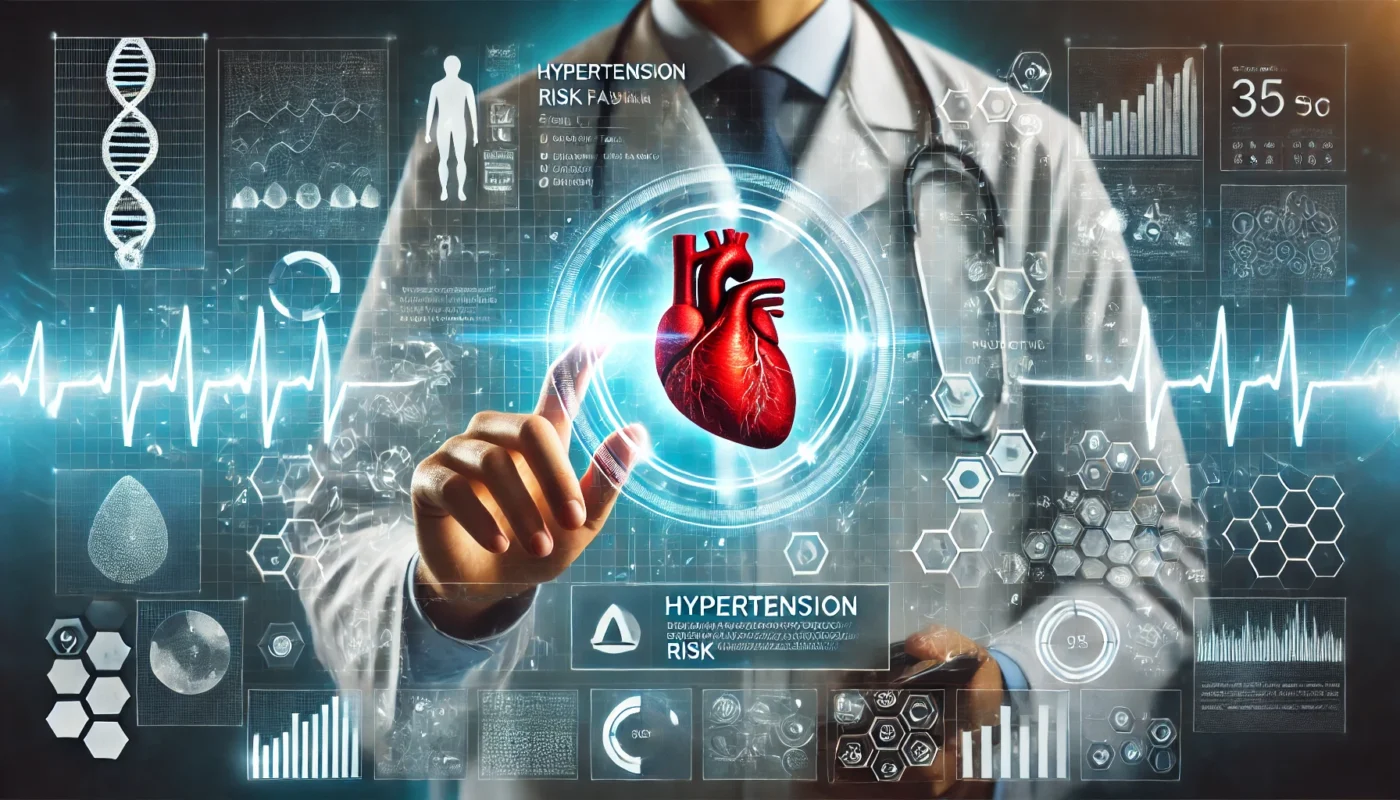Hypertension, or high blood pressure, is often referred to as the “silent killer” because it typically has no noticeable symptoms but poses significant risks for heart disease, stroke, and kidney failure. According to the World Health Organization (WHO), hypertension affects more than 1.28 billion adults worldwide. Early detection and consistent management are critical for preventing complications, and wearable technology is emerging as a game-changer in this arena. Wearable devices offer real-time blood pressure monitoring, data-driven insights, and personalized health recommendations, empowering users to take control of their cardiovascular health. This article explores the best wearable devices for tracking and managing hypertension, the technology behind them, and how they integrate with broader health strategies.
Tag Archives: Health Technology
Hypertension, or high blood pressure, affects nearly half of adults globally, as reported by the World Health Organization (WHO). It is a leading cause of heart disease, stroke, and kidney failure, and its complications account for a significant proportion of healthcare costs worldwide. For patients with severe or treatment-resistant hypertension, conventional therapies such as medications and lifestyle changes may not suffice. This has spurred interest in advanced bioengineering solutions, particularly artificial organs, as a potential avenue for managing or even reversing the effects of chronic hypertension. This article explores how artificial organs might support patients with severe hypertension, examining the science, current developments, and future possibilities in this innovative field.
Hypertension, or high blood pressure, is a global health challenge affecting over 1.28 billion adults worldwide, according to the World Health Organization (WHO). Often dubbed the “silent killer,” hypertension typically presents no symptoms but significantly increases the risk of cardiovascular diseases, stroke, and kidney failure. Traditional methods of diagnosing and managing hypertension, while effective, are largely reactive, focusing on treating the condition after it develops. Recent advances in artificial intelligence (AI) are transforming this landscape by enabling predictive analytics to identify individuals at risk before hypertension manifests, paving the way for earlier intervention and improved health outcomes.
Hypertension, commonly referred to as high blood pressure, is a significant global health challenge, affecting nearly half of all adults. Known as the “silent killer,” hypertension often develops without noticeable symptoms, making it one of the leading preventable causes of cardiovascular disease, stroke, and kidney failure. Regular blood pressure monitoring plays a crucial role in preventing and managing this condition. By identifying blood pressure trends early, routine checks empower individuals to take timely action, reduce risks, and maintain optimal health. This article explores why regular blood pressure checks are essential, how they aid in hypertension prevention, and best practices for effective monitoring.




